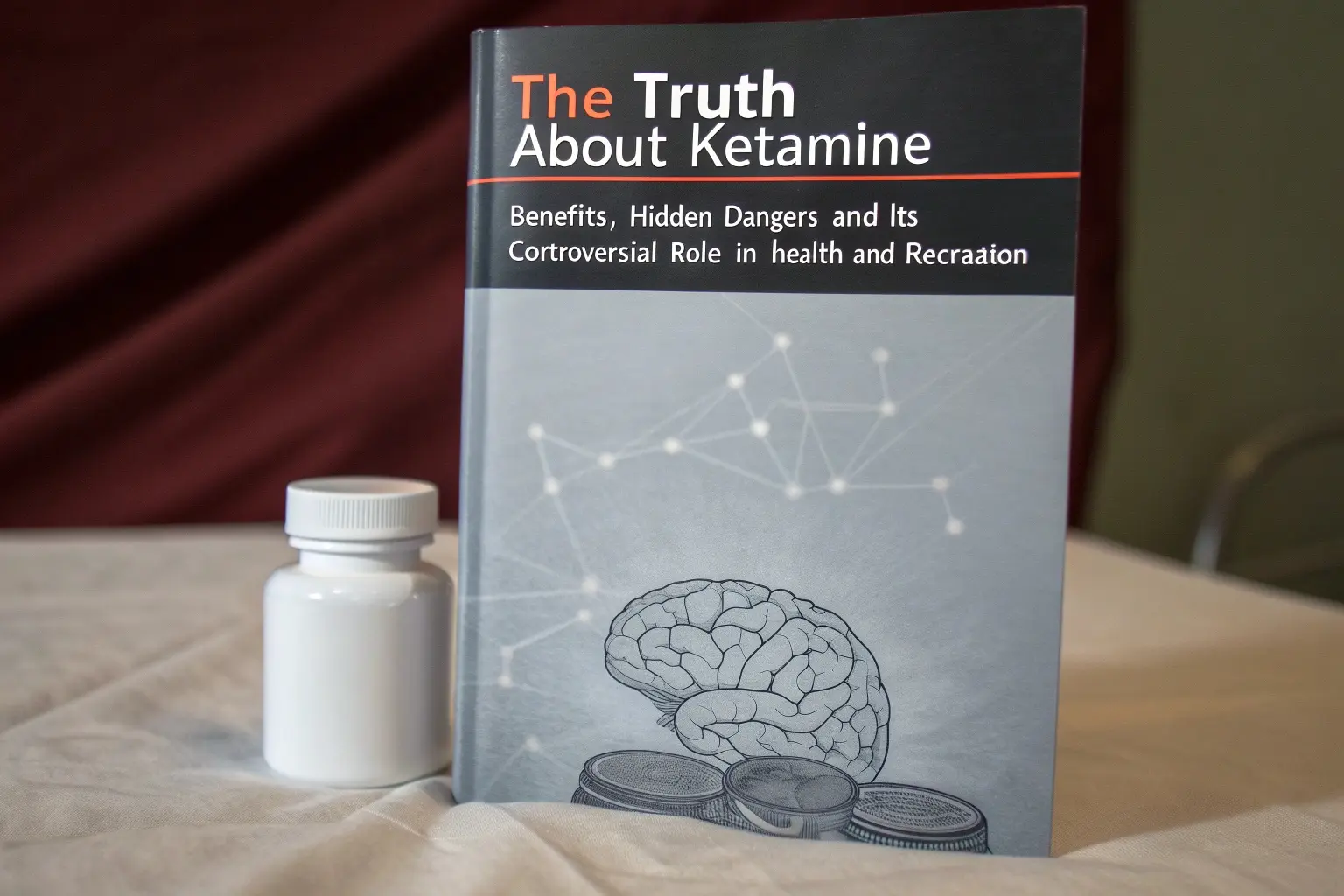Acetaminophen Use During Pregnancy and Autism Risk
For decades, acetaminophen (also known as paracetamol) has been the go-to medication for pregnant women dealing with pain or fever. Recently, however, it’s become the center of a heated public

For decades, acetaminophen (also known as paracetamol) has been the go-to medication for pregnant women dealing with pain or fever. Recently, however, it’s become the center of a heated public debate after claims surfaced linking its use to autism and ADHD in children.
What the Latest Evidence Shows
A comprehensive review published in The BMJ in November 2025 found no clear connection between acetaminophen use during pregnancy and a child’s risk of developing autism or attention-deficit/hyperactivity disorder (ADHD), offering crucial clarity on the debated acetaminophen pregnancy autism risk.
Researchers from the University of Liverpool examined nine major systematic reviews, which together analyzed over 40 studies on paracetamol use in pregnancy and neurodevelopmental outcomes in children. The conclusion? The overall quality of evidence was low to critically low, meaning current research does not provide strong proof of a cause-and-effect relationship.
Professor Shakila Thangaratinam, who led the study, explained that when family-related factors like genetics, parental health, and environment were properly considered, any potential connection between acetaminophen and neurodevelopmental disorders either disappeared or was greatly reduced.
In other words, children’s development is influenced by many intertwined factors — and acetaminophen use during pregnancy, based on available data, does not appear to be a major one.
If you are struggling with constipation in pregnancy, then read ravoke’s words about it.

How Should We Understand the Bigger Picture of Medication Safety in Pregnancy?
This review also helps clarify a few important points:
- Earlier studies suggesting a link between acetaminophen and autism were often observational, not clinical, and didn’t control for other crucial variables.
- Untreated fever or severe pain during pregnancy can carry its own health risks for both mother and baby.
- Most global health agencies, including the World Health Organization and U.S. Food and Drug Administration, maintain that acetaminophen remains safe for use in pregnancy when taken as directed.
Doctors still recommend using the lowest effective dose for the shortest duration — a rule that applies to nearly all medications during pregnancy.
How Has Public Debate and Misinformation Affected Perceptions of Acetaminophen?
The topic drew intense attention after former President Donald Trump and other public figures suggested that using Tylenol while pregnant might cause autism in children. However, these claims remain unsubstantiated by scientific evidence.
Medical organizations like the American College of Obstetricians and Gynecologists and the Society for Maternal-Fetal Medicine quickly pushed back, emphasizing that no causal link has been proven. The FDA also stated that “a causal relationship has not been established.”
Despite public speculation, acetaminophen remains one of the safest pain relievers available for pregnant women — a position widely supported by global health authorities.
Would you like to know about hypertension and pregnancy, what every woman deserves to know before it’s too late
The Bottom Line
Based on the best available evidence, there’s no clear link between acetaminophen use during pregnancy and autism or ADHD in children. Expecting mothers should always consult their healthcare providers before taking any medication, but there’s no reason for unnecessary fear or guilt about using acetaminophen when medically advised.
As science continues to evolve, ongoing research will help ensure that maternal health decisions are guided by facts, not fear.
About the Author
Charles Mattocks is an award-winning filmmaker, actor, author, and global health advocate. The nephew of reggae legend Bob Marley, Charles has devoted his life to raising awareness about chronic illness, health equity, and personal empowerment. His groundbreaking television projects — including Reversed and Eight Days — have aired on major networks and inspired audiences worldwide. Through his work in film, writing, and health media, Charles continues to champion wellness and the importance of evidence-based care across communities.








